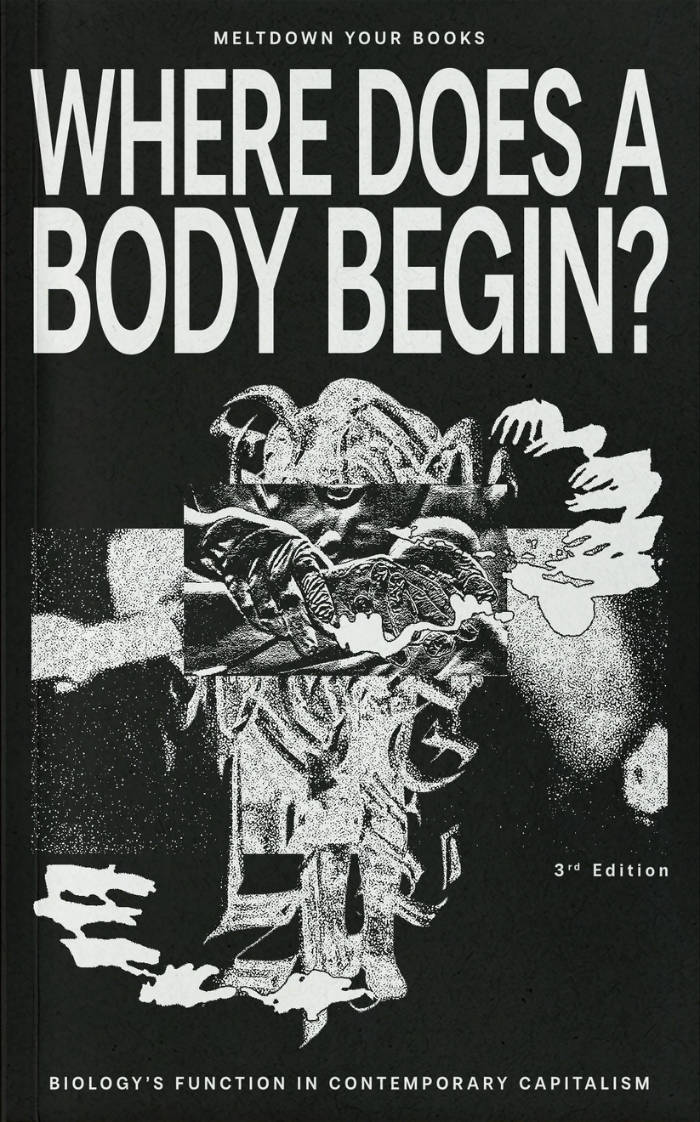
Issue Two: Becoming-ÊT/RE
becoming ed.
Without intending it to be this way, Becoming’s magazine always appears when something big is changing for us. The first came at the very beginning, as a magazine published by our old record label, the second came just before we opened our Publishing House. Now, as we enter a new era, this magazine, the fruit of the Becoming Tree, is ripe enough to fall.
This issue is dedicated to the first-born of Becoming, a record label named Eternal/Return. We are using ÊT/RE to return to our centre, Music. Yet, we have a specific take on music that we wish to dedicate ÊT/RE to: we want to view music as a matter of world- building, of utterance, invocation— music is the second fire of Prometheus, we must carry it into the dark as we would a flame. Music is arcane; it is a ritual of summoning, of calling a forth a future—it is with sound that we create new spacetimes, and with music we create new worlds. It is hard to talk about music without talking about everything else. So that's what we did.
Featuring Charles Mudede, Female Wizard, Mystiki Fleva, Rose Laurel, Ibrahim Alfa Jnr, IOLI, Palais Sinclaire & 0nty
Language: English





![Cover of OEI #94-95 Geografier [Geographies]](https://rile.space/storage/1488/0216_Scan2022-04-15_140650_004.jpg)

